Smart Greenhouse Size
Smart Greenhouse Market Growth Projections and Opportunities
Innovations in technology, concern for the environment, and a growing need for safe farming methods are all driving the smart greenhouse industry's huge growth. A number of important market reasons are driving the development of smart greenhouse technologies, which are changing the way farming is done today. The smart greenhouse market is growing because precision farming is becoming more popular. Utilizing sensors, robotics, and data analytics, smart greenhouses improve crop management, resource sharing, and the general economy of agriculture. Problems caused by climate change, like extreme weather and weather trends that are hard to predict, push people to use smart greenhouse technologies. These methods let growers make controlled settings that protect crops from bad weather and keep the temperature stable. Smart greenhouses use resources efficiently by combining technologies such as robotics and IoT (Internet of Things) monitors. By keeping an eye on and controlling things like lighting, weather, and water use, these systems help farmers make the best use of their resources and lose as little as possible. Global population growth and worries about food security are driving the need for new farming solutions. Smart greenhouses can help increase crop output, make the supply of fresh food more stable, and depend less on outside factors. Utilizing AI and ML technologies in smart gardens improves the ability to make choices. For better crop growth and quality, AI programs look at huge amounts of data to figure out the best conditions for growing plants, automate control systems, and give farmers useful information they can use. Growers can get to important data in real time with smart greenhouse systems that let them watch and control their plants from afar. This lets farmers check on and change the environment from afar, making sure crops get the best care even when growers aren't there. Supportive government programs and funding make it easier for smart greenhouse technologies to be used. Governments all over the world know that smart agriculture can help solve food security problems and offer benefits to farmers who use safe, technology-based farming methods. There is a lot of competition among the big players in the smart greenhouse market, which encourages new ideas and encourages the industry to work together. Companies often work together to combine technologies that work well together, make their product lines bigger, and meet the changing needs of the farm sector as a whole. The need for smart greenhouse solutions is growing because more people are moving to cities and more people are using vertical farms. Traditional farming can be hard to do in cities because of lack of room and environmental issues, but these tools make farming more efficient there.
Using technologies like energy-efficient lights, renewable energy sources, and smart heating and cooling systems, smart farms put energy efficiency first. This focus is in line with goals for sustainability, cuts down on costs, and lessens the damage that greenhouse farming does to the environment. A big part of the smart greenhouse business is education and training programs. Adopting new technology requires specific skills, so farmers and growers need training programs and teaching outreach to help them understand the benefits and how to use smart greenhouse technologies.
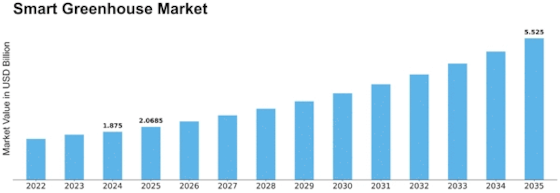


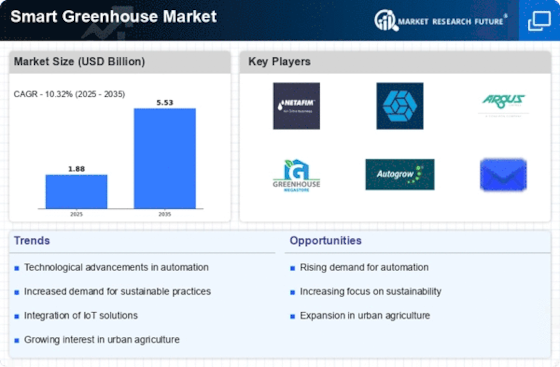
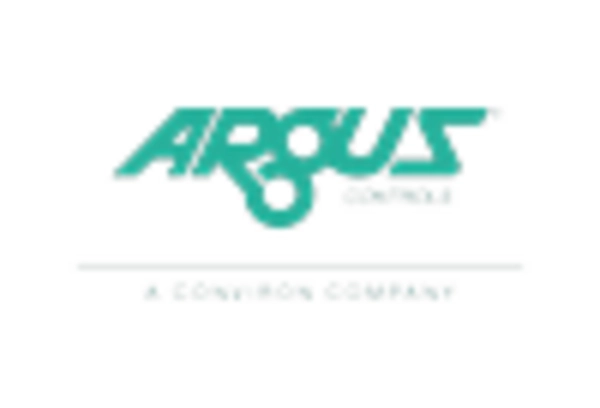
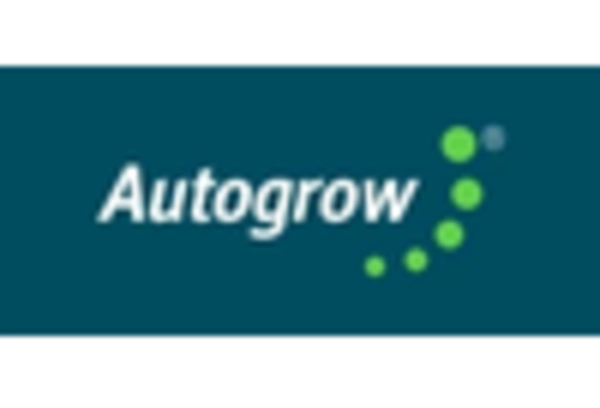
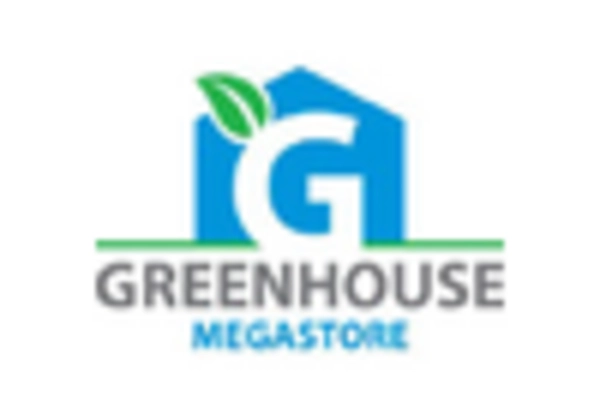
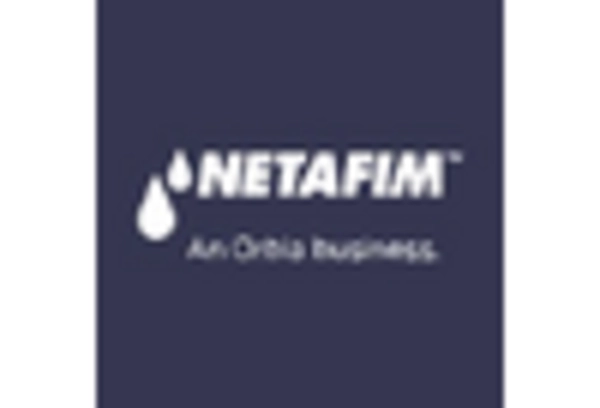











Leave a Comment